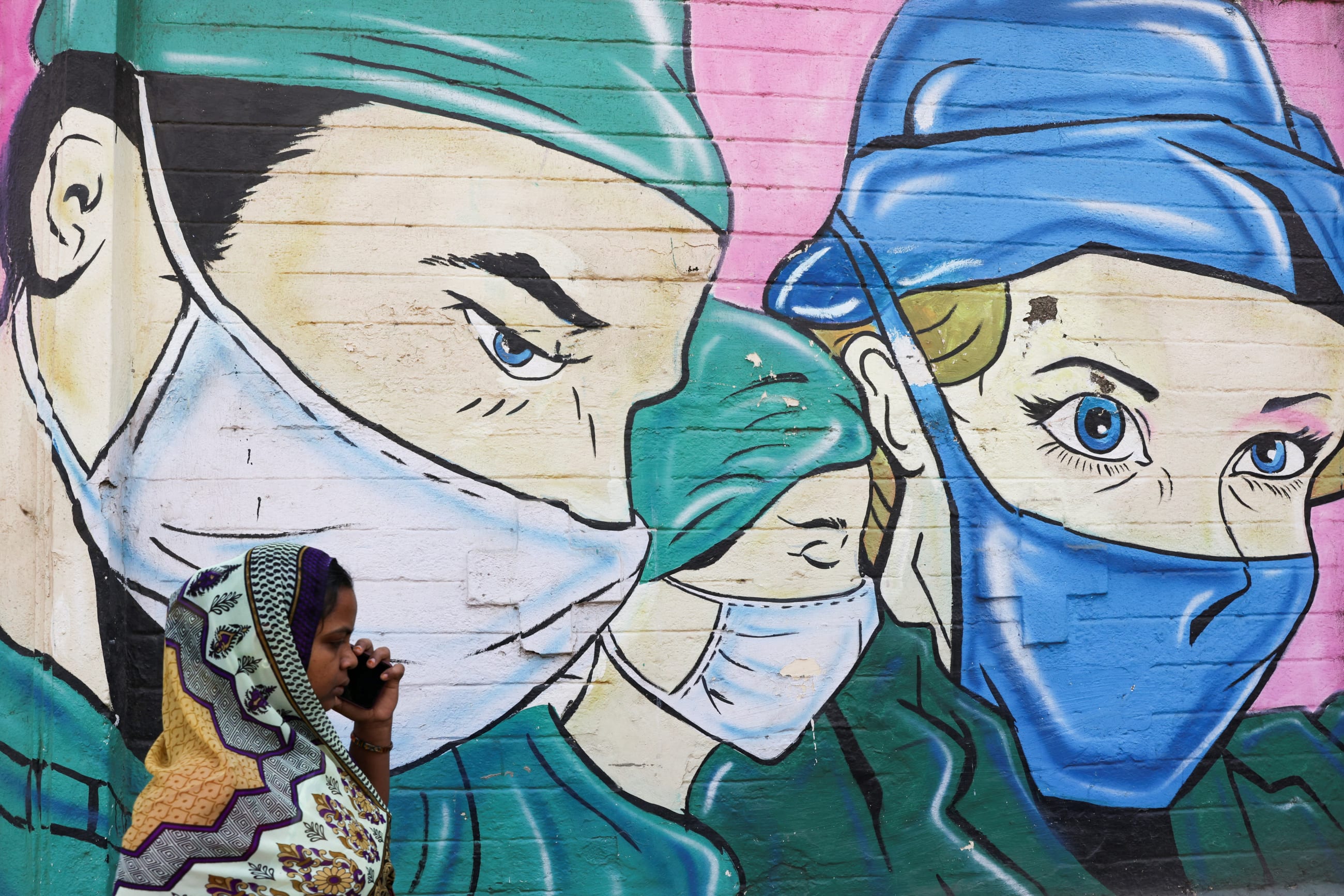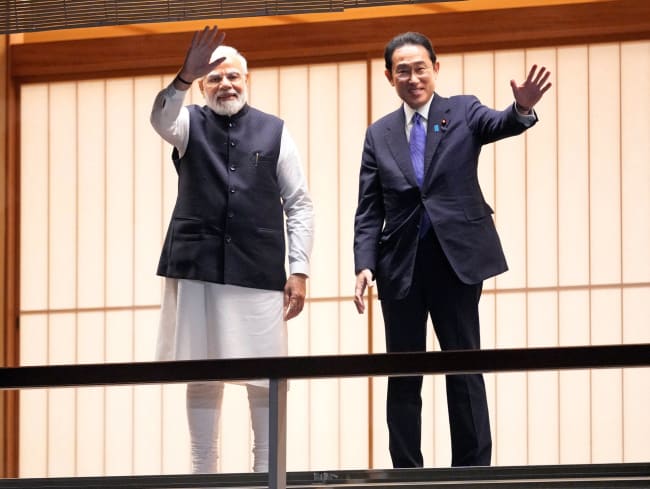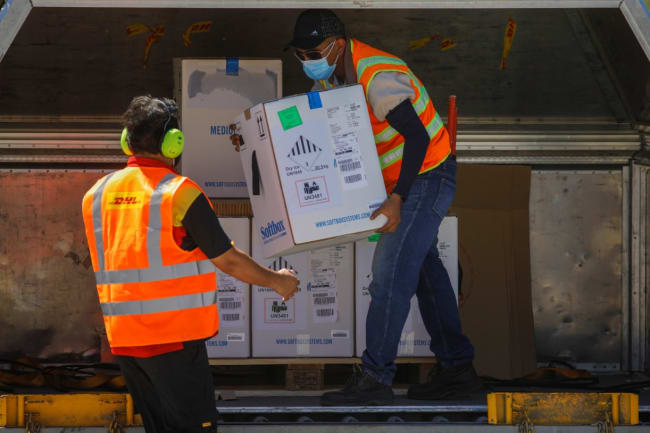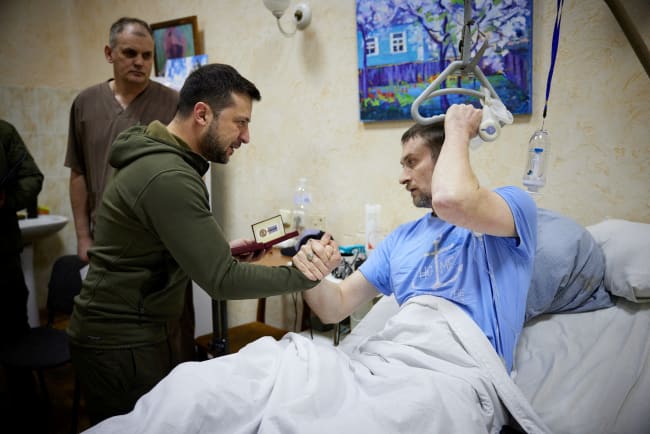The COVID crisis seems to be over, but the writing is on the wall: are we prepared to read it and equip for future crises?
Science and industry made evident progress in response to the pandemic, as researchers quickly established effective ways to communicate scientific findings with the private sector, developing vaccines and therapeutics at unprecedented speed. The resulting advancements in mRNA technology are now being explored to combat diseases such as malaria, tuberculosis and HIV.
But political leaders faced the virus predominantly as isolated nations, by closing borders, restricting travel, and hoarding medical material for internal use. Wealthier democratic countries sought to maximize the numbers of vaccine doses secured for their own population, and some authoritarian regimes used protectionist approaches and even banned foreign vaccines.
The political damage was significant: both populistic and protectionist measures resulted in a general loss of trust in state institutions. At the same time, there was a strong suspicion of international organizations. The shortcomings in global governance eroded confidence in multilateral institutions including the World Health Organization, led to unequal health outcomes, and many lives were unnecessarily lost as a result.
Science and industry operate effectively at the global scale while politics remains focused on a national one
We are facing a "globalization mismatch" whereby science and industry operate effectively at the global scale while politics remains focused on a national one. This mismatch is reflected in debates about how to regulate the global economy and the right balance between free trade and national industrial policies. On the one hand is the protectionist perspective, for which United States Trade Representative Katherine Tai argued that recent U.S. industrial legislation, including the Inflation Reduction Act, the CHIPS Act and the Science Act, is useful and necessary for counteracting climate change, curbing inflation, strengthening domestic innovation and production, and reducing risks for national economic dependencies.
In contrast, some economy and trade policy experts believe free trade is the best basis for the United States and other countries to contribute to and profit from the development and adoption of innovative technologies. National industrial policy will stifle overall development, they argue, decreasing the speed of true innovation and stifling redistribution of economic options to low- and middle-income countries.
Something is missing from this debate: while policymakers have the competence to regulate scientific, technological, financial and industrial activities in their own nations, there is a scarcity of competence for this oversight in the international domain.
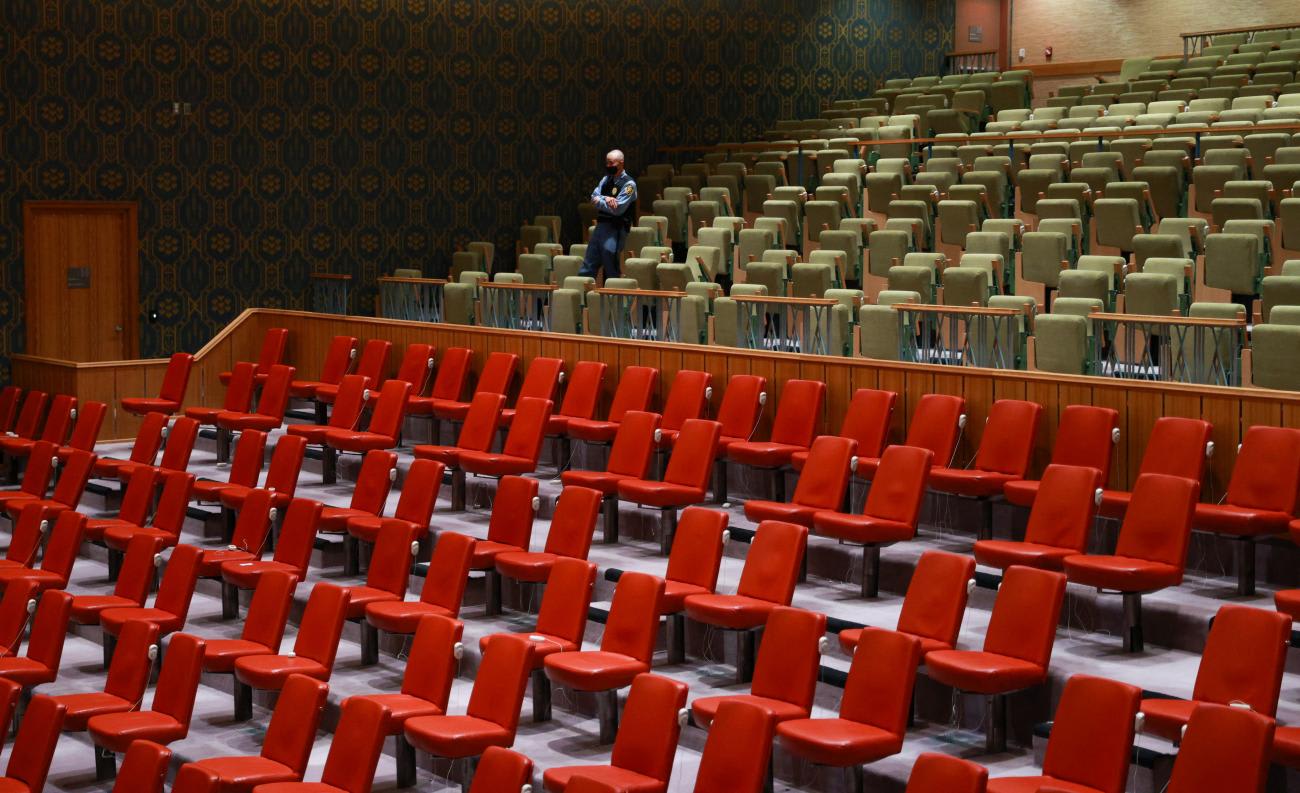
Political power resides predominantly on the national level and the development of multinational or global political structures is slow and cumbersome. The founding of the United Nations after the Second World War is an example of the typical pattern: Major crises show the need for international cooperation and trigger the establishment of new institutions with a global mandate. As time passes and memories of the calamity fade, however, national interests tend to block and erode their competencies.
In contrast, science and economics are more globalized. In financial and industrial sectors, individual states may implement restrictions on international exchange or stimulate national developments, as demonstrated by recent U.S. industrial legislation, but international businesses seek to optimize their profits and bypass the effects of national restrictions.
Consequences of Weak International Regulation
Due to the globalization mismatch, free trade has primarily benefited powerful states, enterprises, and individuals. This has propelled inequality within and between nations, reduced social cohesion, and eroded trust in political institutions. Most importantly, it has obstructed effective global responses to pressing global challenges in health, climate, pollution, and migration.
Facing more and more truly global challenges, we have to address the scarcity of oversight competence in the international domain. If we could strengthen international bodies' ability to act in coordination, we would be able to create rational, cost-effective and equitable responses to threats like the COVID-19 pandemic. We could tackle questions like: What is the best way to contain the global spread of a virus while keeping supply chains intact? What is the best strategy for distributing diagnostics, vaccines, and treatments? How can we strengthen trust in medical measures worldwide?
Globalization has irrevocably changed the world
These questions aren't easily answered, as they touch on deep-rooted attitudes and behaviors. In crises, there is a strong tendency to care for one's tribe or family before looking at the broader community. It is also clear, however, that globalization has irrevocably changed the world and we need to start a discussion of concrete measures to complement the prevailing globalization of economy by a concomitant globalization of politics.
Time for Effective Oversight
We need to develop a new balance of globalization. Only when the international community can govern the global economy just as national governments regulate their domestic industries can the globalization dilemma be addressed.
But there seems to be little appetite for this debate. Although the most powerful nations of the world like the United States and European Union nations are the largest donors of most international organizations, they tend to be most opposed to the strengthening of authority and decision-making power of multilateral institutions. This is short-sighted. As crises like COVID-19 and devastating weather events hit populations worldwide at an increasing pace, there are no real alternatives to multinational cooperation. Industry provides examples of effective multinational cooperation such as air travel, which relies on global compacts. Economic interests compel such developments, but humankind must realize that the survival of the world as we know it should be an even stronger driver.
There are many multilateral structures which aim to encourage international cooperation and pool competencies, while respecting regional and national specificities. Under the guidance of the World Health Organization, countries are developing a pandemic accord to implement multinational measures in response to future health threats. To overcome the obvious limitations of such initiatives, a new approach to international cooperation and globalization should be developed.
Globalization 2.0
Globalization 2.0, as it may be called, will need to correct the Globalization Mismatch between economy and politics. It should respect regional and national diversity while ensuring that institutions on the international level obtain adequate competencies and power.
To achieve this, governments worldwide must act as one. Populations in their respective countries must support them and push for an understanding that global needs are local needs.
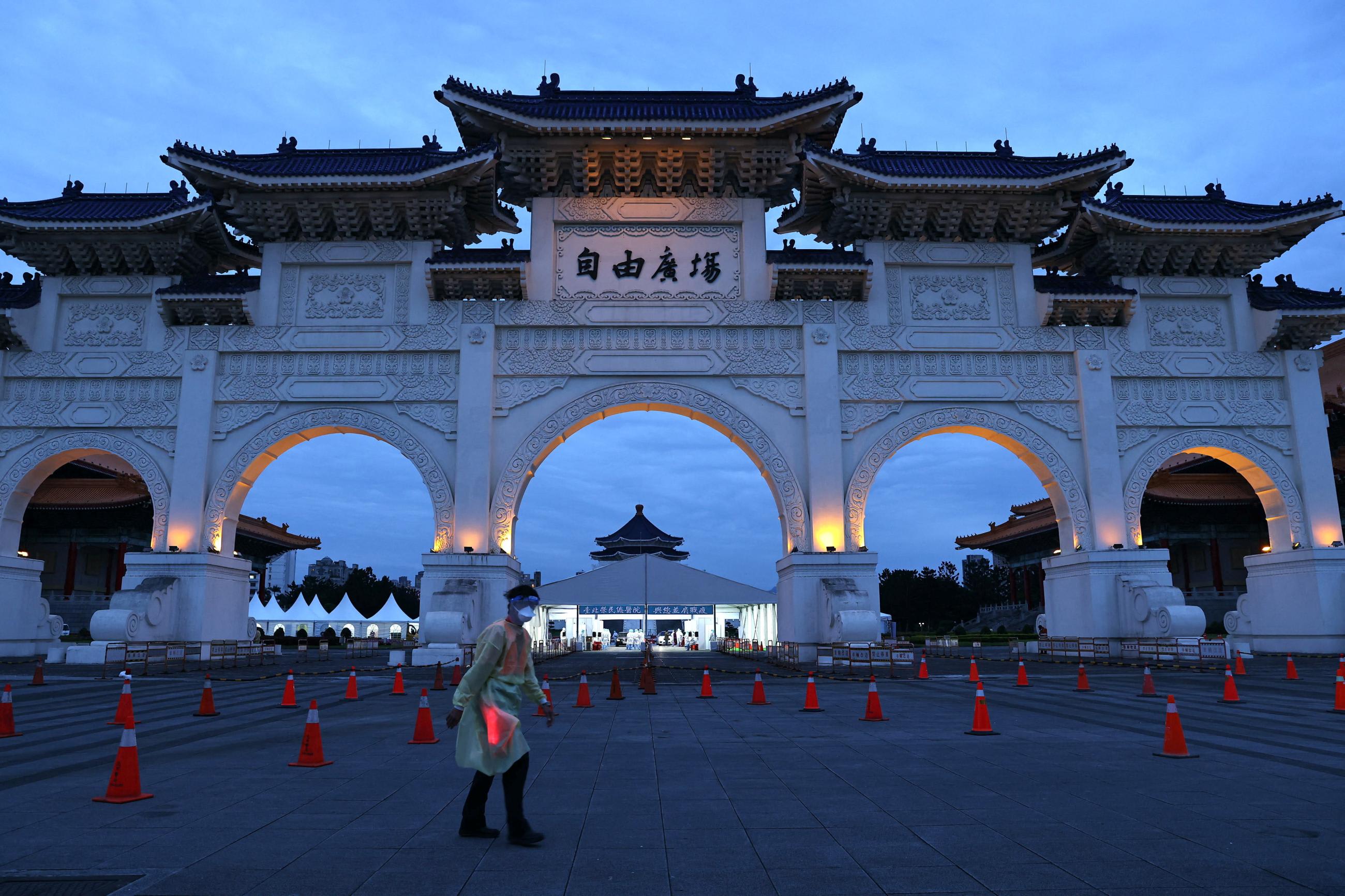
ACKNOWLEDGMENTS: The support by Maeve Cook-Deegan and Frederike Sontag in generating the manuscript is thankfully acknowledged.
